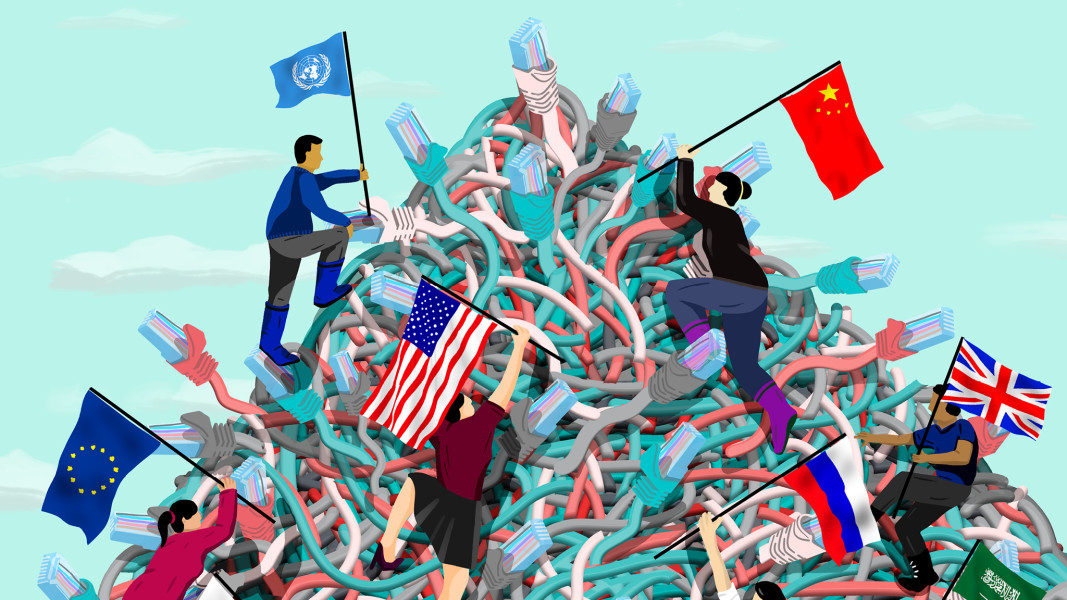
“The proposal says the minor mode feature would try to prevent “internet addiction” by limiting children younger than 8 to 40 minutes of smartphone time a day. The time limit would increase with age, reaching two hours daily for those ages 16 to 18.Apps would also have to tailor their content for different age groups. Children younger than 3, for example, should be shown nursery rhymes and programs that can be watched with parents, according to documents from the Cyberspace Administration of China. Those between 8 and 12 could be offered videos about life skills, general knowledge, age-appropriate news and “entertainment content for positive guidance.””
Source : China Proposes ‘Minor Mode’ to Limit Kids’ Smartphone Use – The New York Times








